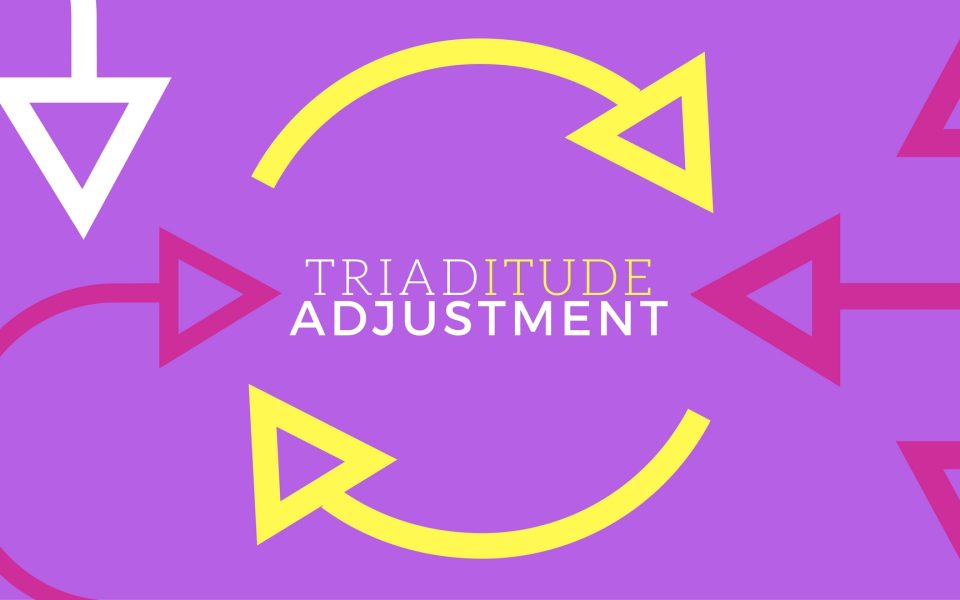Before last week’s election left me sprawled on the floor, sobbing helplessly into the carpet fibers, the last time I cried was somewhere over the Atlantic Ocean, on a flight back from Europe. I was uncomfortably arranged in an aisle seat, listening to David Bowie and trying to pretend that an unconscious stranger wasn’t breathing stale honey mustard directly into my face. There was nothing particularly poignant or even enjoyable about being on that plane, but when “Thursday’s Child” played, I lost it, immediately feeling my tears trace their own flight patterns across my skin.
It wasn’t the song that did it. That’s not a great Bowie song — it wouldn’t be a great Peter Cetera song — but, at that moment, it hit me for the millionth time that he was gone. Despite the deaths of so many icons this year (Prince, Leonard Cohen, America), losing David Bowie at the age of 69 in January left me gutted for all kinds of complicated reasons. It feels simultaneously like I lost both parts of my past and parts of my future, including the ability to wonder what extraordinary thing he might create next. He never ran out of ways to surprise us with his music, his art and the way he lived his life: his quiet cancer diagnosis and unexpected death serve as ironically painful proof of that.
“We all have losses in our lives,” said Dr. Sam Gladding, a professor of counseling at Wake Forest University, said. “We lose our adolescence, our childhood, but those are gradual and those are normal. When someone like David Bowie dies, it’s just not expected. And when the unexpected comes into our lives, we are shaken a bit in regard to ourselves and how we look at the world. We’ve seen the world differently because of his life and we’ll see it differently because of his death.”
Gladding is definitely onto something. I never knew David Bowie — I never got closer to him than chasing ghosts across the grooves of a worn vinyl record, through a London art gallery or his long-abandoned Berlin apartment — but I felt like he knew me, starting at the moment when I heard the ragged assurance in his voice at the end of “Rock ‘N’ Roll Suicide.” It’s an impossibly complex song, a tangled lyrical knot about separating the art from the artist as he almost counsels himself about abandoning his Ziggy Stardust persona. In the final lines, he theatrically and repeatedly begs, “Give me your hands” — so I did. I gave him my hands and held on as tightly as I could. Now the problem is letting go.
I don’t know how to do that. I don’t know where to start. Shortly after his death, a rock journalist named Rob Sheffield wrote a book called On Bowie that attempts to summarize his own feelings about Bowie’s work, what his legacy will be and why he meant so much to so many of us. The first time I tried to read it, I made it to page 5. The second, I got to page 10 before I closed the cover, turning that familiar lightning bolt symbol facedown on my desk. It’s a book that literally only exists because Bowie is gone and, for now, that’s still a hard reality to reconcile.
“You’re not abnormal,” Gladding promises. “I’m right there with you. But you have to acknowledge that this part of life is over, not only his life, but the great pleasure you had in listening or watching or going to the concerts. Acknowledgement goes first. People who never acknowledge it never get over it.”
I know. I know. People who never acknowledge it have to wipe their own tears off an American Airlines tray table, because even Bowie’s blandest attempt at an adult-contemporary record now makes them ache from the inside out. Gladding said that people who refuse to admit that their heroes are gone are the same kinds of people who cling to the wrong kinds of hope, the kinds who have Elvis sightings. He’s probably right, but I can’t help but hope that I have an endless string of David Bowie sightings.
No, I don’t expect to see a man dressed like a space samurai disappearing around a street corner, but I do hope to see others who were inspired by him, who will continue to assert their individuality, to push creative boundaries and now, more than ever, who will refuse to be intimidated by anyone who doesn’t want to or care to understand why we believe in art, in music and in their power to heal.
“Oh no love! You’re not alone,” Bowie sang in “Rock ‘N’ Roll Suicide,” repeating that line with an urgency that built until he was seemingly sure that we believed him. I still do.
Thank you, David, for that.
Join the First Amendment Society, a membership that goes directly to funding TCB‘s newsroom.
We believe that reporting can save the world.
The TCB First Amendment Society recognizes the vital role of a free, unfettered press with a bundling of local experiences designed to build community, and unique engagements with our newsroom that will help you understand, and shape, local journalism’s critical role in uplifting the people in our cities.
All revenue goes directly into the newsroom as reporters’ salaries and freelance commissions.





Leave a Reply